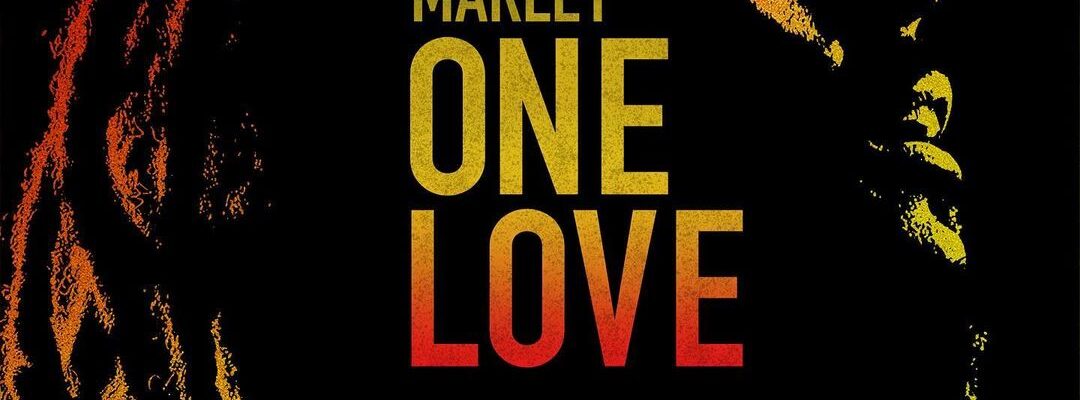

A Bob Marley biopic had all the makings to immortalise the reggae icon’s story on the silver screen for a younger generation. The role he played in introducing Rastafari to the world, the consciousness in his music and his constant message of freedom, unity and love is something the world needs right now.
Bob Marley: One Love covers a critical period in Marley’s career, from surviving an assassination attempt in 1976, to his time recording his magnum opus album Exodus in London and his return to Jamaica for the One Love Peace Concert in 1978.
The movie was supported by both the Marley Foundation and Paramount Pictures. Reinaldo Marcus Green, the film’s director, previously worked on King Richard, an Oscar-nominated biographical film. Speaking at the pre-release in Kingston, executives from Paramount Pictures and Ziggy Marley said the film aims to share Bob’s message with the younger generation.

If that is the film’s intention, then it fails. There are too many unexplored storylines that make it impossible for an unfamiliar audience to fully grasp what happens throughout the film. There were iconic parts of the late singer’s life that were practically glossed over.
Marley’s message was heavily tied to his faith in Rastafari, the religion he became very attached to throughout his adult life. His faith was the driver behind his music, his ganja smoking, and something he clung to despite the persecution Rastas were facing. While the film did touch on Rastafari, it did very little to convey what Rasta spirituality is and did nothing to expound on tropes, such as why Rastas grow their hair or smoke ganja.

Haile Selassie’s significance to Marley as the messiah to all black people was underrepresented in the film. It was his speech to the UN that Marley did a rendition of to create War, which he sang at the One Love Peace Concert. Both the Rasta faith and Selassie needed more exposition to capture their significance, especially for an international audience.
The story of band manager Don Taylor’s betrayal of Bob Marley felt underdone. Within three years, he goes from being shot five times by assassins aiming for Bob to betraying him and stealing money, to being discovered by Bob and beaten. For an audience to connect with Bob and feel the betrayal, we needed to understand how their working relationship began. For what reasons did Bob trust him to that extent, why did he make him his manager? Without knowing this information, the scene did little more than add hollow shock value.
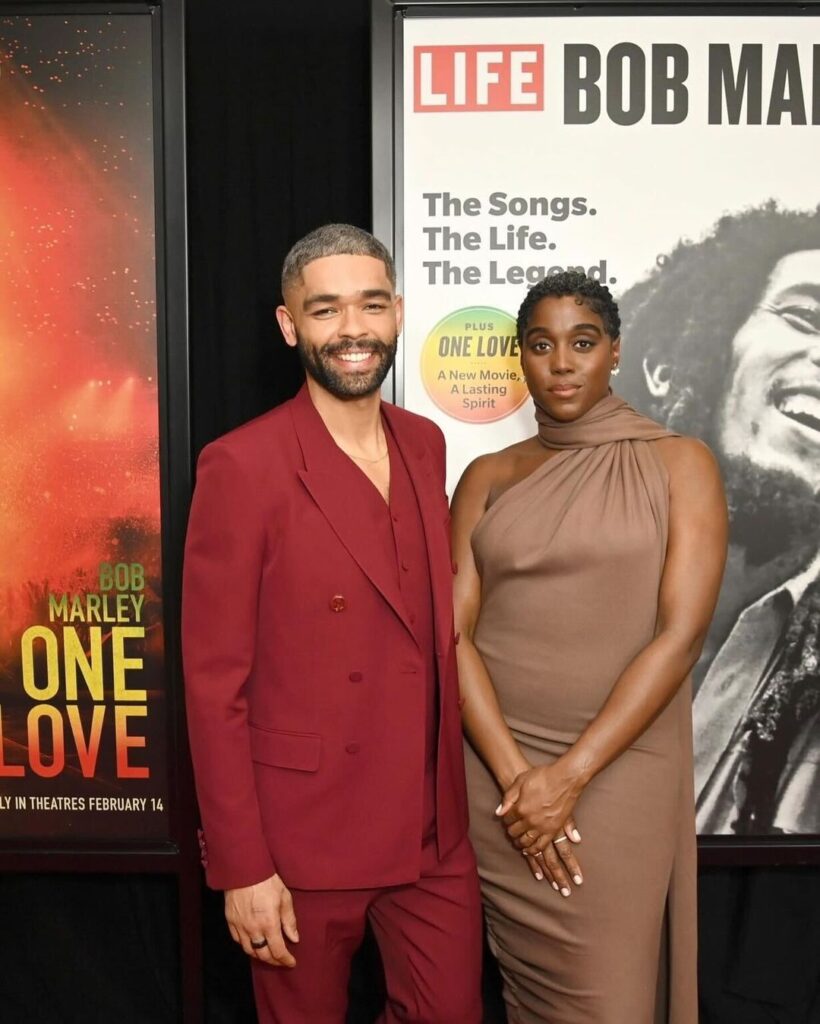
How Rita and Bob’s relationship was displayed felt neutered and white Marley washed. Bob had one wife, not one love and not one child. Without questioning the accuracy, only three children are shown clearly as Bob’s children and for some reason, only Ziggy is really named throughout the film. But then, Rita, after being confronted about her infidelity, quips back about her needs as a woman beyond money and the fact that she is the one who is raising the children of other women. Logically, by the film’s timeline, this made no sense if Bob was away in England making Exodus at the time.
That scene oversight heavily implies that other scenes justifying the pay-off were cut on behalf of the Marley family. To add in that Bob had other children so randomly while avoiding mention of them earlier violates Chekhov’s gun, a narrative principle that states that every element in a story must be necessary.
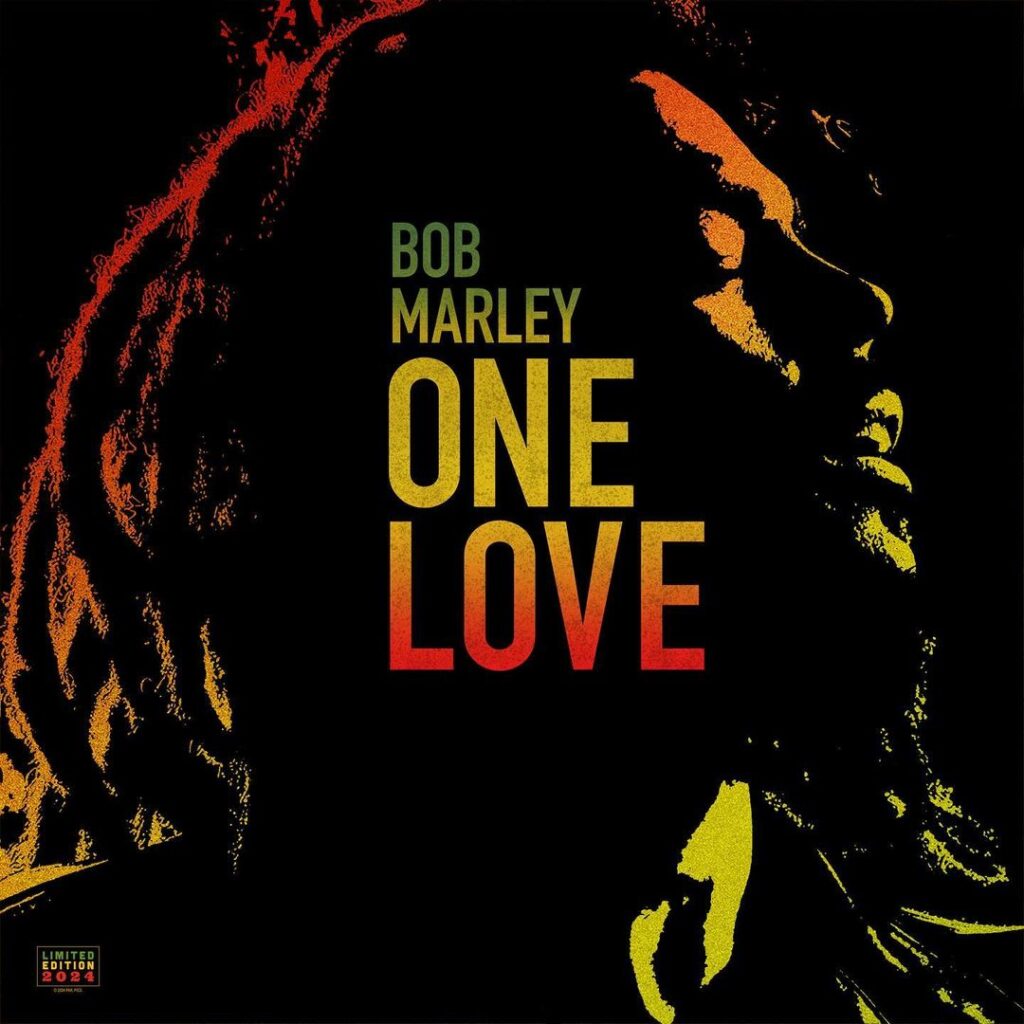
As to the positives, lead actors Kinglsey Ben-Adir and Lashana Lynch did phenomenal work bringing Bob and Rita to life and carried the film on the back of their presence on screen. The cinematography and the Jamaican accents used were all on point. The director’s decision to begin the film with scenes leading up to the assassination attempt and use of the aftermath as the opportunity to explore Bob and Rita’s history was excellent.
Overall, while the film is somewhat tame, it is entertaining and filled with nuggets that Jamaican people and people who knew Bob Marley would appreciate.




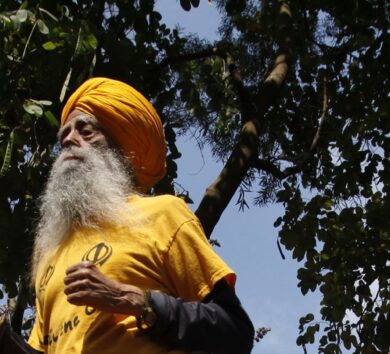
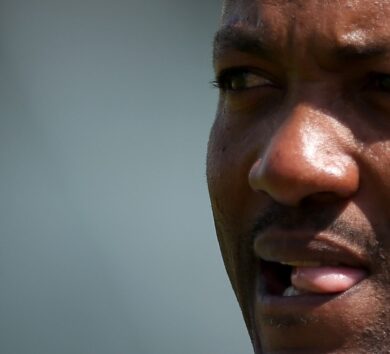

Comments